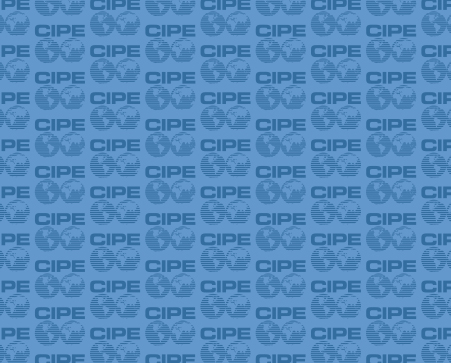
By Hyeji Kim
We live surrounded by futuristic information technology ranging from Facebook and Google to wearable mobile gear. Yet, despite the gigantic leaps in technology for sharing information, many parts of the world still lack the right to share information at all. Reporters Without Borders have updated the World Press Freedom Index, measuring the level of freedom of information of both provider and recipient in 180 different countries. The indices show that many countries are behaving anachronistically by suppressing the media and journalists.
This kind of oppression takes many forms, ranging from censorship and legislative barriers to actual physical abuse and even abduction of journalists. The sources and causes for oppression vary greatly. Journalists are faced with assaults from all sides: the police, criminal groups, angered demonstrators, and devout political party supporters. In any case, different groups often see the media as a strategic target necessary to either achieve their political goals or cover their wrongful doings.
Freedom of information and democracy have a mutual relationship. One cannot exist without the other. When governments are dominated by dictatorship, facing major political clashes, or involved in illicit activities, relevant groups seek to wield the media to control citizens and continue with partisan policies. And conversely, when the media fails to fulfill its role, illegitimate policies and parties find it easier to gain traction.
In Chad and Cameroon, for example, rulers who have been ruling for decades have imposed a tighter leash on the media, still wishing to further prolong their reign. In countries like the Honduras, Guatemala, and Brazil, major criminality and corruption remain unchecked because organized crime groups have successfully muzzled the press.
Democracy can only function when there is an independent and liberated media that will provide the public with unbiased information. What differentiates democracy from other systems is that we all have a voice and a choice. But we cannot voice our opinions or choose the right leaders and policies blindfolded. Illegitimate governments, partisan policies, and organized criminality will happily continue their course in the absence of freedom of information. Thus, this unjust suppression on information providers must not go unnoticed because we too – not just the journalists – are deeply involved.
Hyeji Kim is a CIPE intern hosted in partnership with the Asan Academy, a non-profit organization providing internship opportunities in the U.S. for accomplished South Korean students
Published Date: March 21, 2014
